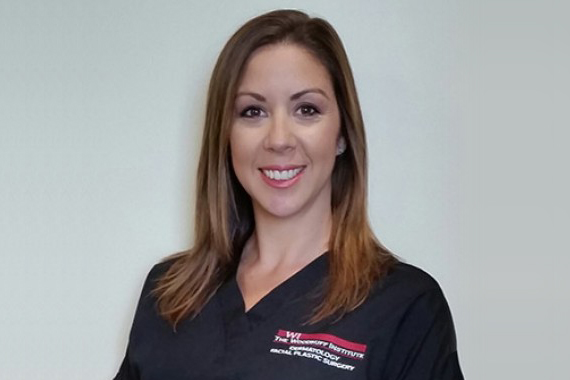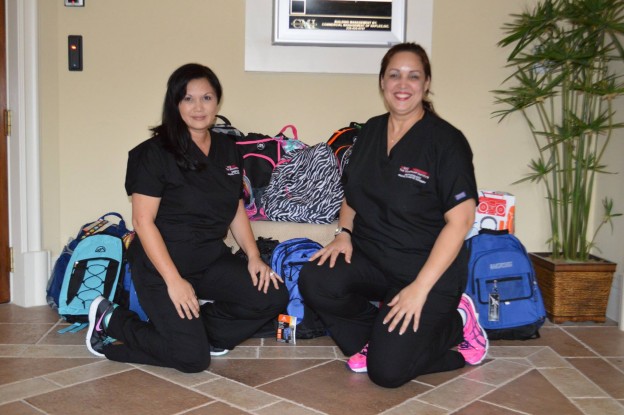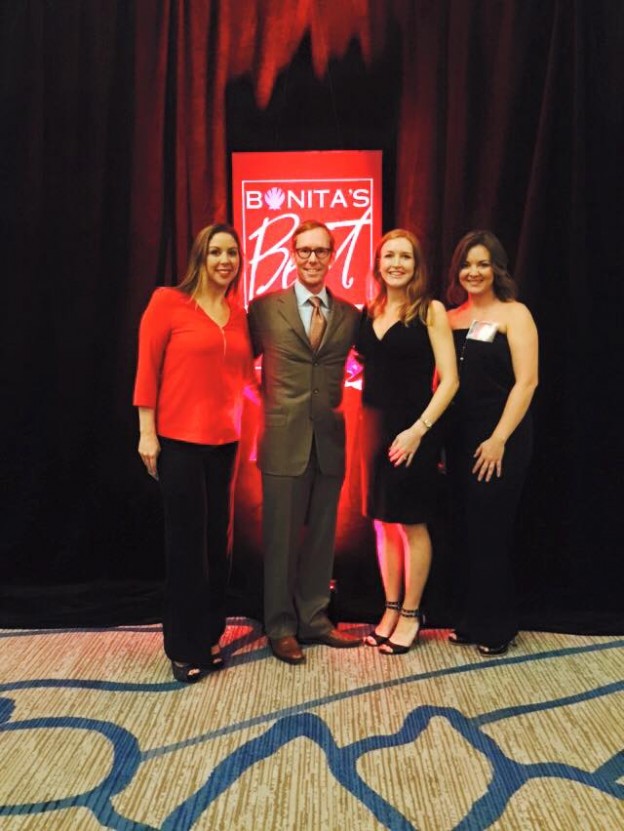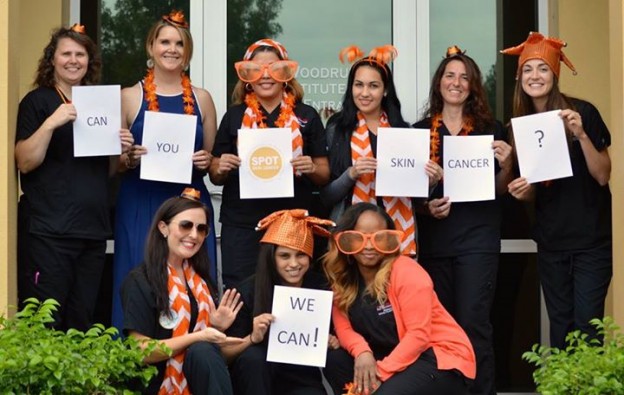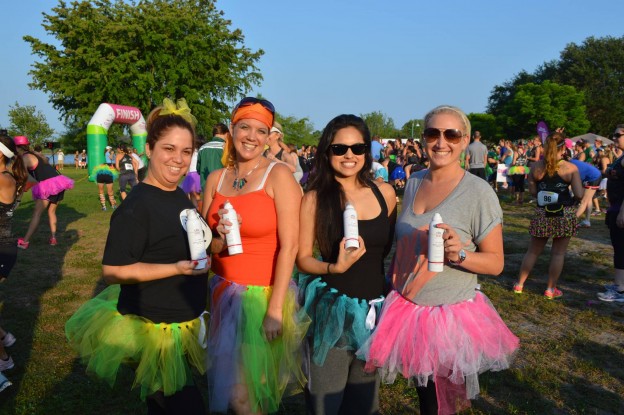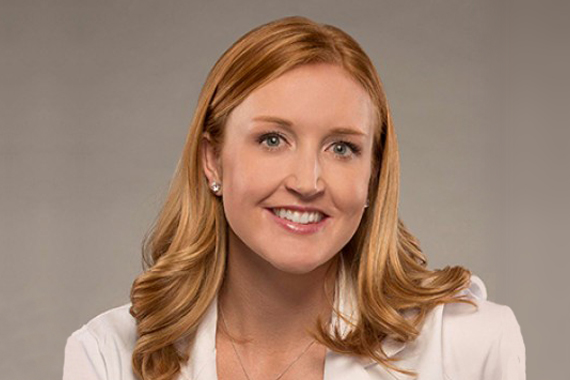The Woodruff Institute for Dermatology & Cosmetic Surgery is expanding! We are pleased to announce our newest location in the Fort Myers area, conveniently located at 14440 Metropolis Avenue, Suite 102, in Fort Myers. Adding a new location will allow us to further expand our general and cosmetic dermatology services to the people of Southwest Florida.
Since 2004, The Woodruff Institute has offered Southwest Florida patients the region’s highest quality, state-of-the-art facial aesthetic surgery, dermatology and reconstructive surgery. Our team is dedicated to providing personalized, quality care in an elegant environment, with services ranging from skin cancer treatment, psoriasis management, acne and rosacea treatment, to the latest in cosmetic procedures.
Plans for this state-of-the-art new facility include full service medical, cosmetic and surgical dermatology, including Mohs Surgery performed by fellowship-trained Mohs Surgeon, Kathryn J. Russell, M.D.
The design phase for the new facility has been completed, and construction begins soon! We plan to move in the Fall of 2016.
In addition to this exciting news, we are delighted to announce that Sarah M. Schloss, PA-C will be joining our practice. Sarah is a nationally certified Physician Assistant who has been specializing in medical and cosmetic dermatology since 2007. She obtained her Master’s of Medical Science at Nova Southeastern University in Ft. Lauderdale, FL and is an affiliate of the Florida Academy of Physician Assistants, American Academy of Physician Assistants and the Society of Dermatology Physician Assistants. Sarah specializes in the diagnosis and treatment of adult and pediatric dermatology disorders. She is also certified and trained to perform both cosmetic and medical laser procedures.
Please follow us on Facebook for more information and up-to-date announcements.
We are excited to be joining the Fort Myers medical community and look forward to caring for all of your dermatological concerns.



